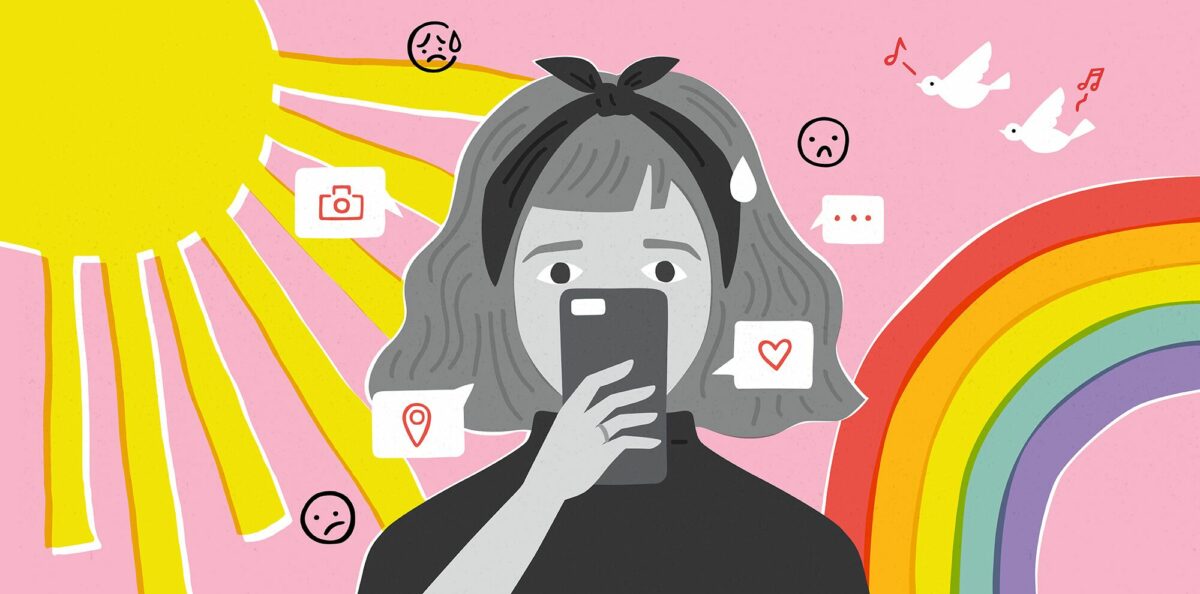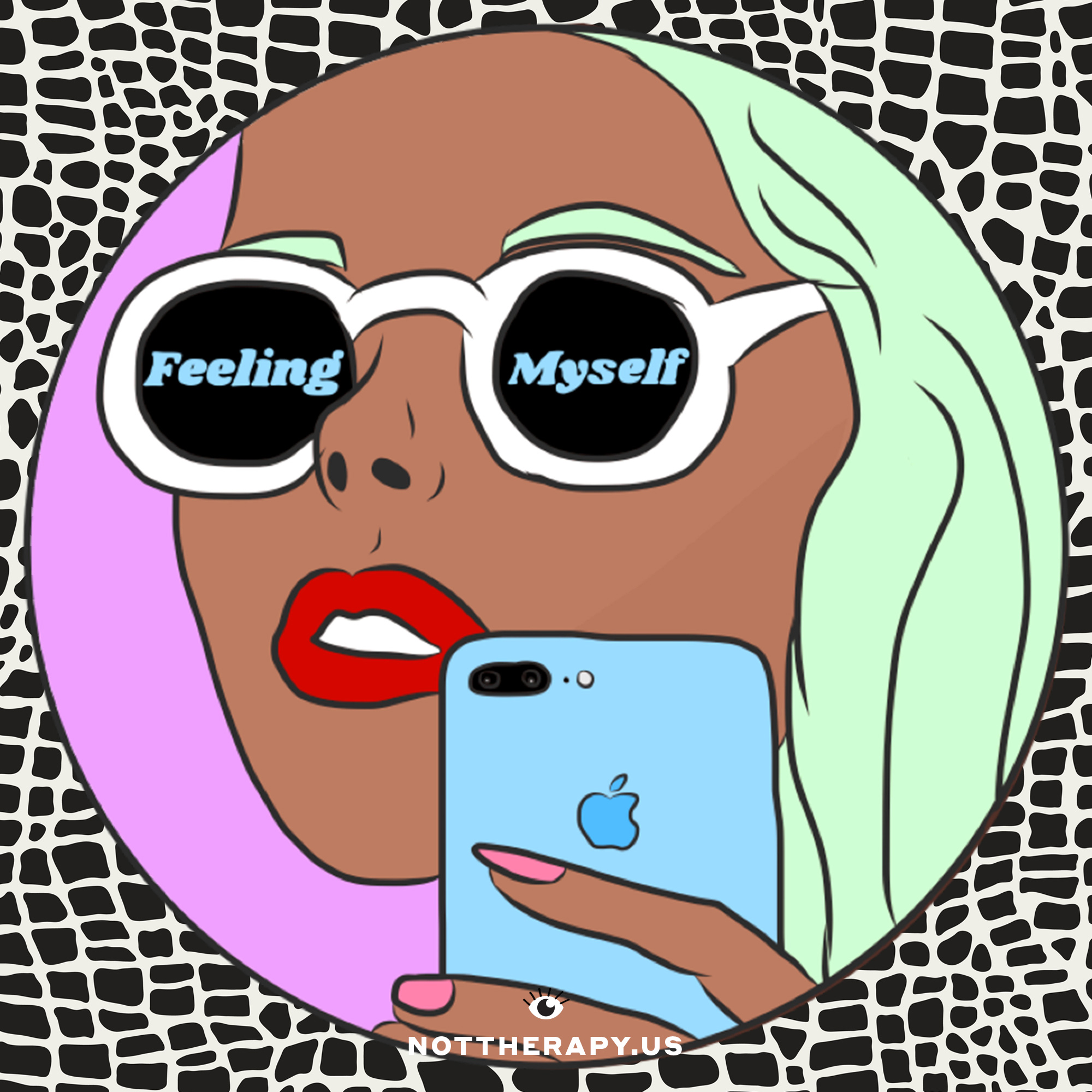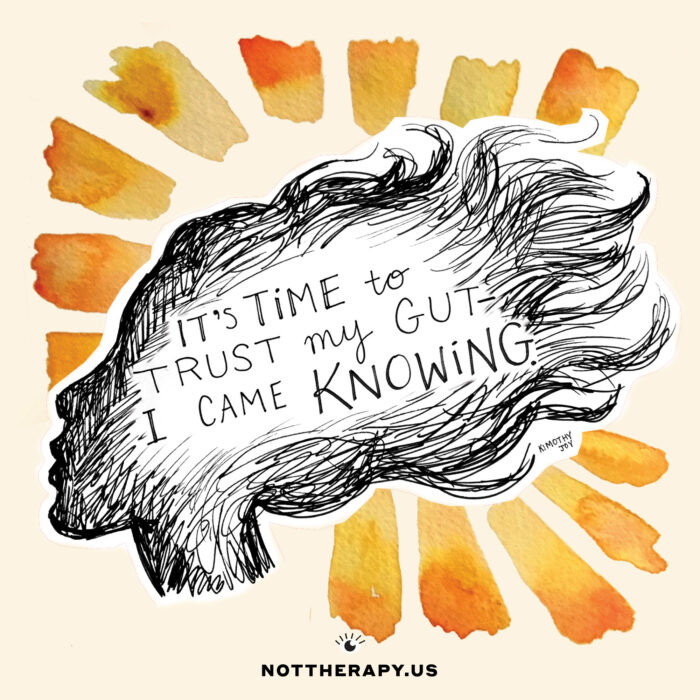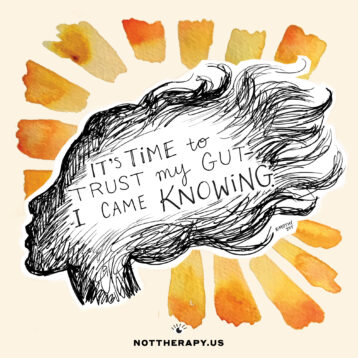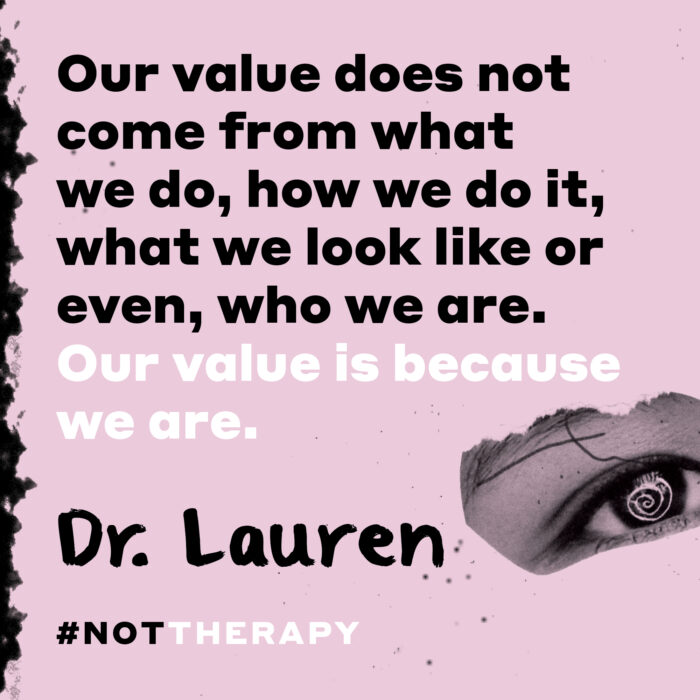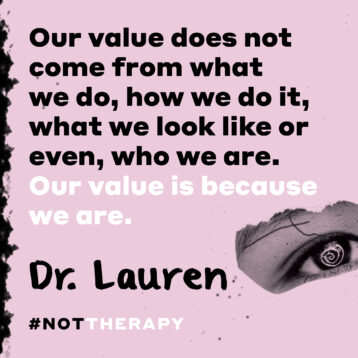FOMO is more than a trending hashtag.
It’s actually a thing, and it affects nearly seventy percent of us. Many people think that FOMO is a product of social media. It’s not.
FOMO is part of being human. We all experience it to some degree and we always have. How many of us have been incapable of choosing between chocolate ice cream and vanilla ice cream, so we’ve gone with the twist?
I have the benefits of living pre-smartphone. I went with the twist many a time for fear of making the wrong decision well before social media was conceived. It’s just that social FOMO has reached an all-time high now that we live in constant connection.
The influx of invites, updates, evidence of friends hanging out and ever-changing plans contribute to the phone addiction that is hijacking our brains and increasing our FOMO.
Each one of us is in a relationship with our phones, and those of us with FOMO have a super-toxic one that steals our presence and joy.
The negative consequences of FOMO go beyond the anxiety one feels. Friendships, character, values and mood are affected in a big way for FOMO sufferers, so let’s F* with FOMO to stop it from ‘effing with us.
#TheFacts
The dictionary definition of FOMO is “anxiety that an exciting or interesting event may currently be happening elsewhere. FOMO is often aroused by posts seen on a social media website.”
Some researchers indicate that FOMO is a form of loss aversion—a tendency to prioritize avoiding losses over making gains. Loss aversion can play a role in whether you participate in certain social activities, in what you buy at the mall, in the jobs you choose to interview for, and the like.
In this context, loss aversion manifests as a fear of making the wrong decision—the one that will leave you wanting more, feeling like you’re missing out on what could have been—kinda like my chocolate vs vanilla ice cream example above.
This happens socially, too—when you hesitate in saying “Yes!” to a movie with mom, for fear that the next invite might possibly be for the super-fun party with all of the cool kids.
Those of us with FOMO often do our damnedest to keep all options open by steering clear of committing to anything.
The problem is that we risk missing out on everything.
On the flip side, FOMO can have us saying, “YES!” to everything and enjoying nothing, which is exhausting AF.
Some other common symptoms of FOMO are feeling badly for missing a social gathering, feelings of disappointment and even, regret; engaging in the comparison game that makes most of us feel less-than; and checking one’s phone every three minutes to make sure we’re not missing anything, creating feelings of restlessness, anxiety and distraction.
#TheFeels
Research indicates that those with a history of anxiety or depression are more at risk for FOMO with low self-esteem being the most significant contributor. The way I see it is that only someone who doesn’t recognize their own value would feel they had to be connected geographically to others all the time. It’s as if you feel like if you’re not RIGHT THERE in the thick of things, then you’re nowhere. A nobody. Poof!
People with healthier levels of self-esteem are often able to better connect in a meaningful way. Meaningful connection is felt as much in physical absence as it is in presence. Healthy self-esteem helps us to understand that out of sight, doesn’t mean that we disappear or lose value. We are simply present elsewhere.
So, how do we increase esteem to get present wherever it is that we actually are IRL?
Here. We. Go.
Use your senses.
Draw on your senses of sight, sound, touch, taste and smell to anchor you in the moment. Look at the project at hand: the black and white words on the page of your book, the icons across the bottom of your computer screen. Listen to the buzzing of a motor, the conversation between the couple next to you at the coffee shop. Feel your hands on the steering wheel as you drive your bestie to your favorite hang out. What is the texture of your seat? Is it smooth? Taste the mint in your mouth, really taste it, savor it. Smell the flowers blooming. Be in this very moment, instead of worrying about missing out on other moments. Doing so will decrease stress and increase your good mood. Get present—and awaken to now.
Go with the flow.
Flow, a term coined by Mihály Csíkszentmihályi, is the result of being so engaged in an activity that your awareness of time disappears, and you are almost one with what you are doing. I’m sure you’ve heard an artist talk about losing herself in her art. She’s describing flow. To achieve flow, you need to be able to do three things: engage for an ample amount of time on one task, focus wholeheartedly and with intensity, and finish the task to completion. Ready, set, flow!
Connect in a meaningful way.
As human beings we need to feel seen and heard. We are social beings having a human experience, not visa versa. To connect for real, you’ve gotta stop thinking about what others may be thinking about you and instead, think of them. Learn about the person with whom you’re hanging out. Ask questions about her experiences, thoughts, feelings, likes and dislikes. To be seen, we have to see—make her the center of your attention. Just for today.
Feel the gratitude.
You’re okay RIGHT NOW. Every situation that we’re in is a gift, even when it doesn’t feel exciting. No matter what we’re doing, there’s something to be grateful for. When you’re watching that movie with mom and you find out that your friends are at a party having a blast, you’re the lucky one. How many girls have that kind of relationship with their cool mom? You do, and that’s a reason to be super-grateful. Give gratitude a try!
Unplug and do you.
With the amount of social connectedness we experience, it’s often hard to know how to simply be. Being takes practice. Use this week’s #DoThisThing to eff with FOMO, once and for all.
Art by Wendy Chan.


